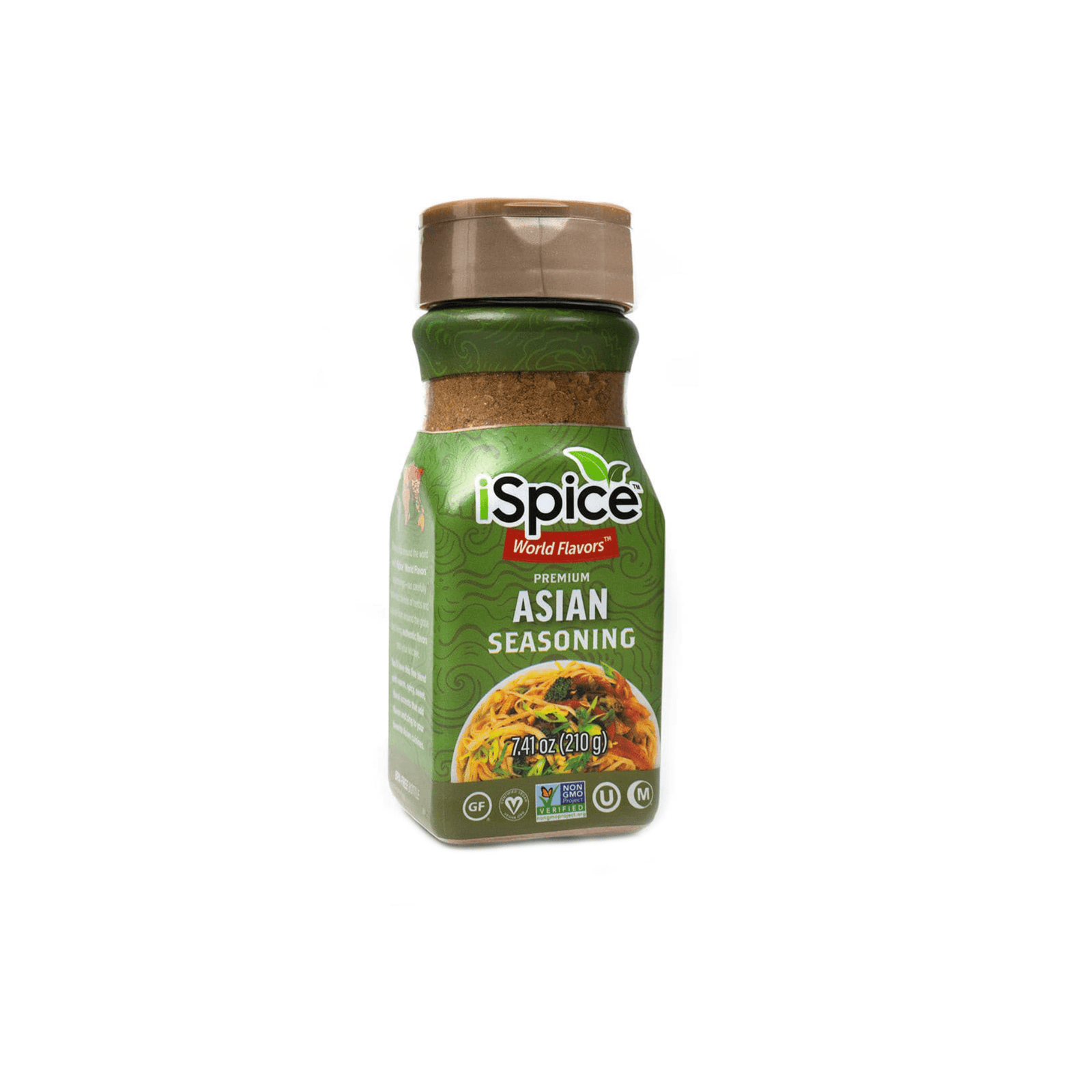Cinnamon is dried bark from various types of laurel trees in the cinnamomun family. A brown, woody spice, it is one of the most common baking spices, with hints of citrus, sweetness and cloves. It’s unmistakably aromatic and has both a sweet and savory flavor. Cinnamon is used in savory Middle Eastern lamb dishes, apple pies and rugalach, pickling and even hot beverages.The most common cinnamon sold in North America is from the Cassia and is generally sweeter and more aromatic than true cinnamon but has an astringent edge. True cinnamon—Ceylon cinnamon—is from Sri Lanka in south India, where the earliest record of cinnamon use is found.Cinnamon is known to have unique healing qualities. It may help treat Type 2 diabetes; it can lower bad cholesterol; and it has antifungal, antibacterial and even antiviral properties. Cinnamon has been proven to fight fungal, bacterial and viral elements in foods, thus preventing spoilage.
Alert: While spices can have many beneficial properties for health, using them for medical purposes should be done under the guidance and supervision of a healthcare professional or specialist. Some spices may interact with medications or cause adverse reactions in certain individuals, and it is important to use them safely and appropriately. If you are considering using spices for a medical condition, it is important to consult with a healthcare professional before doing so.
| |
Benefits of CinnamonSome research suggests Cinnamon may have the following benefits:
|





















































